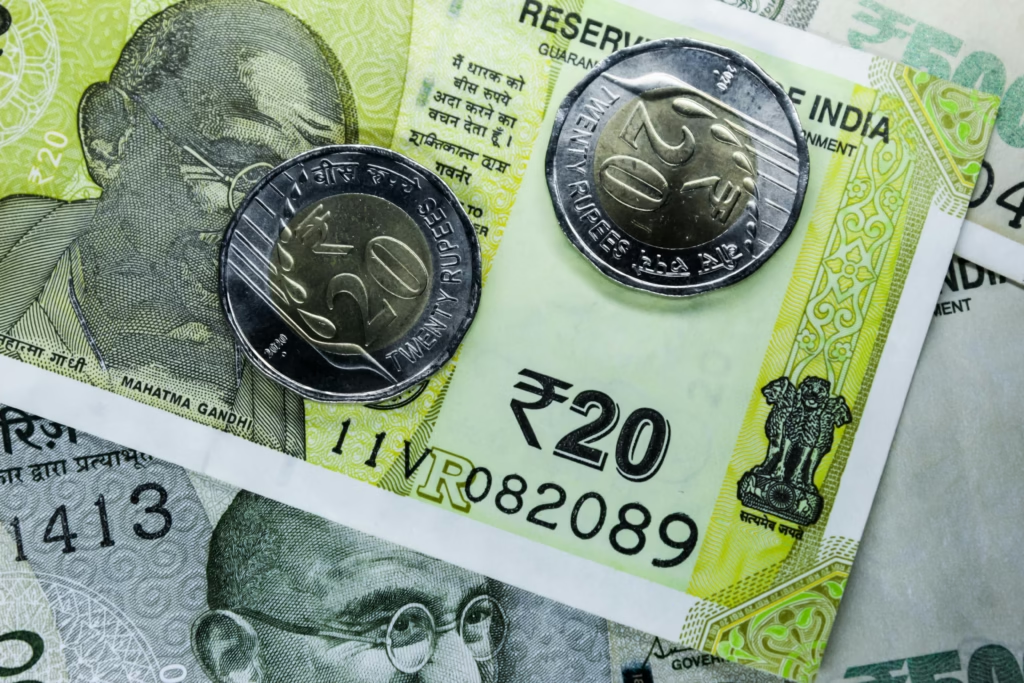All About Electoral Bonds Scheme in India
The Electoral Bond Scheme has been a hotly debated topic in Indian politics since its inception. It serves as a mechanism for individuals and corporations to donate money to political parties in a manner that ensures anonymity.
But what exactly are electoral bonds, and how do they impact the political landscape of India?
Introduction to Electoral Bonds
Government introduced Electoral bonds in 2017 and notified the scheme in 2018 to revolutionized political funding in India.
- It was proposed as a means to bring transparency and accountability to political donations while protecting the anonymity of donors.
- These bonds allowed individuals and corporate entities to donate anonymously and without limit to political parties.
Recent Developments
In a significant move, the Supreme Court on Feb 15, invalidated the seven-year-old electoral bond system, just ahead of the impending Lok Sabha elections in April-May 2024.
- This decision came amidst concerns over transparency and accountability in political funding.
How Electoral Bonds Work
Purchasing Electoral Bonds
Electoral bonds can be purchased from designated branches of specified banks during specific periods announced by the government. These bonds are available in fixed denominations and can be bought by any Indian citizen or company incorporated in India.
Redeeming Electoral Bonds
Once purchased, electoral bonds can be donated to any eligible political party. These bonds can only be encashed by registered political parties within a specified timeframe.
Key Features of Electoral Bonds
The scheme outlined below encompasses several key aspects:
1. Nature of Electoral Bond:
The Electoral Bond is described as a bearer instrument akin to a Promissory Note and operates as an interest-free banking tool.
- It is open for purchase by citizens of India or entities incorporated within the country.
2. Denominations and Issuance:
Electoral Bonds are available in various denominations, including Rs. 1,000, Rs. 10,000, Rs. 1 lakh, Rs. 10 lakhs and Rs. 1 crore.
These bonds are issued and can be purchased exclusively from specified branches of the State Bank of India (SBI).
3. Purchase Criteria and Usage:
Potential purchasers must adhere to existing Know Your Customer (KYC) norms and utilize a bank account for payment.
- Notably, Electoral Bonds do not bear the name of the payee and possess a short lifespan of 15 days, during which they can solely be utilized for making donations to political parties registered under section 29A of the Representation of the People Act, 1951.
- These parties must have secured at least one percent of the votes polled in the last general election to the House of the People or a Legislative Assembly.
4. Availability Period:
These bonds will be purchasable from the State Bank of India during a specific 10-day window in each quarter (January, April, July, and October) of the financial year.
- Additionally, an extended period of 30 days is specified during the year of a General election to the House of People.
5. Encashment Protocol: Electoral Bonds can only be en-cashed by eligible political parties through a designated bank account with the authorized bank.
- These provisions delineate the fundamental framework and operational guidelines of the Electoral Bond scheme.
Transparency Concerns Surrounding Electoral Bonds
1. Lack of Transparency in Political Funding
One of the primary criticisms of the Electoral Bond Scheme is that it fails to address the issue of transparency in political funding. Unlike traditional methods of funding, electoral bonds do not require political parties to disclose the identity of donors.
2. Role of the Election Commission of India
The Election Commission of India plays a crucial role in overseeing the electoral process, including monitoring political funding. However, the commission has raised concerns about the lack of transparency surrounding electoral bonds.
3. Influence on Political Parties
Electoral bonds have had a significant impact on the financial resources of political parties in India. They provide parties with a source of funding without the need to disclose the identity of donors, which can influence their policies and decision-making.
How much political parties received via Electoral Bond Scheme
BJP – According to the data, the BJP received funding of over ₹6,061 crore via electoral bonds,
TMC – got ₹1,610 crore.
Congress – received ₹1,422 crore through those bonds.
Bharat Rashtra Samithi (BRS) got – ₹1,215 crore in funds though the electoral bonds.
The Biju Janta Dal (BJD) – got a funding of ₹776 crore.
Overall, the scheme provided political parties with over Rs 16,000 crore throughout its existence.
Future of Political Funding
With the scrapping of electoral bonds, political parties can still receive donations directly from individuals and companies, subject to certain limitations and disclosure requirements.
- Electoral trusts serve as intermediaries, though concerns persist regarding potential loopholes in circumventing transparency measures.
Conclusion
The debate surrounding electoral bonds underscores the ongoing struggle to balance transparency and anonymity in political funding, with the recent Supreme Court ruling prompting a reevaluation of existing mechanisms.
Thanks
Never Stop Learning!











